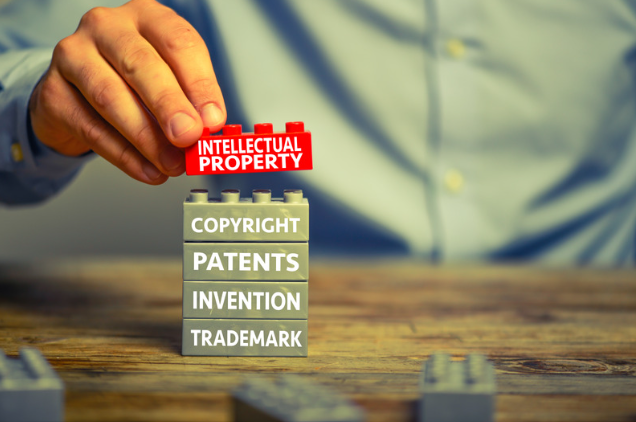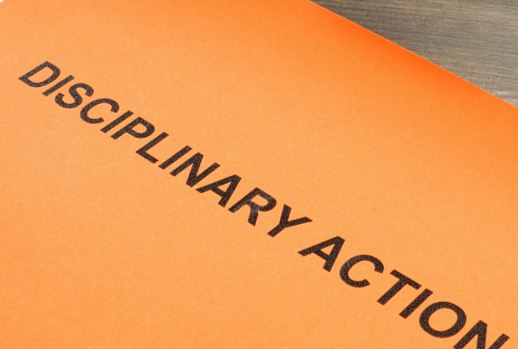
Tough NMW Decisions to Be Made on 1 March 2024
As the clock ticks toward the first day of March 2024, employers across South Africa find themselves at a crossroads. The National Minimum Wage (NMW) is set to undergo a significant change, and tough decisions lie ahead. Let’s delve into the intricacies of this critical juncture.

Alcohol and the Incapacity vs. Misconduct Conundrum: A Legal Analysis
The delicate balance between addressing employee misconduct and recognizing incapacity due to alcohol-related issues presents a significant challenge for stakeholders in the workplace. A recent case, African People’s Trade Union v. Sasol Steam Plant, sheds light on these complexities and underscores the need for clear guidelines when dealing with such matters.

Protecting Personal Information in HR: A Guide to POPIA Compliance
The Protection of Personal Information Act (POPIA) was signed into law in South Africa. Most of its operational provisions only came into force on July 1, 2020. The purpose of POPIA is to safeguard the personal information of citizens, whether processed by public or private institutions. It aims to balance the right to privacy with other rights, including access to information.

Mentorship versus Coaching: Understanding the Two
Mentorship is a relationship-based process where an experienced individual (the mentor) imparts wisdom, knowledge, and guidance to a less experienced person (the mentee). It goes beyond mere instruction; it involves sharing life lessons, career insights, and personal experiences. The mentor acts as a trusted advisor, offering support, encouragement, and a broader perspective.

The Blueprint of Discipline and Planning: A Vision for 2024
As we stand on the precipice of a new era, the year 2024 is well under way with the promise of progress and innovation. However, to navigate this uncharted territory, we must arm ourselves with two indispensable tools: discipline, values-based leadership and detailed planning.

B-BBEE and Silent Partners
Broad-Based Black Economic Empowerment (B-BBEE) rules around silent partners are not explicitly defined. However, the B-BBEE Act and the Codes of Good Practice provide a framework for B-BBEE ownership through 'discretionary collective enterprises'. These include broad-based black ownership schemes (BBOSs), employee share ownership schemes (ESOPs), trade unions, not-for-profit companies, co-operatives, and trusts.

Employers must comply with the Code on Equal Pay/Remuneration
The Department of Labour’s Code of Good Practice on Equal Pay/Remuneration for Work of Equal Value provides practical guidance to employers and employees on how to apply the principle of equal pay/remuneration for work of equal value in their workplaces. The Code seeks to promote the implementation of pay/remuneration equity by eliminating unfair discrimination in any employment policy or practice on the basis of any one or combination of the listed or on any other arbitrary grounds.

B-BBEE and Human Capital Strategy
B-BBEE stands for Broad-Based Black Economic Empowerment, which is a policy framework in South Africa that aims to promote economic inclusion and transformation for historically disadvantaged groups. Human Capital Strategy is the process of planning, developing, and managing the human resources of an organization to achieve its strategic goals.

Does your Company have Protection of IP Developed by Employees?
In the rapidly evolving world of business, intellectual property (IP) has become a significant asset. It’s the lifeblood of innovation, giving companies a competitive edge in the market. But what happens when this IP is developed by an employee? Who owns it? And more importantly, does your company have clear policies in place to ensure that any IP developed by employees is owned by the company?

The Tax Benefits of BBBEE
B-BBEE stands for Broad-Based Black Economic Empowerment, which is a policy framework in South Africa that aims to promote economic inclusion and transformation for historically disadvantaged groups1. B-BBEE has various tax benefits for businesses that comply with its requirements and achieve high scores on the B-BBEE scorecard.

The National Minimum Wage, 8.5% increase!
The National Minimum Wage (NMW) in South Africa is set to increase by 8.5% from 1 March 2024, following the announcement by the Minister of Employment and Labour, Thulas Nxesi. The NMW, which came into effect in 2019, is a legal requirement which aims to prevent exploitation by setting a floor below which no employee should be paid.

Enforcing Discipline Includes Enforcing Sound Values and detailed planning in 2024
In 2024, South Africa will experience the full impact of the Constitutional right to equality and fair discrimination. As organisations navigate this evolving landscape, the enforcement of sound values will be paramount in ensuring compliance and driving sustainable practices. Several legislative developments and regulatory changes will require organisations to proactively address issues related to equality, fair discrimination, harassment, and transparency.

